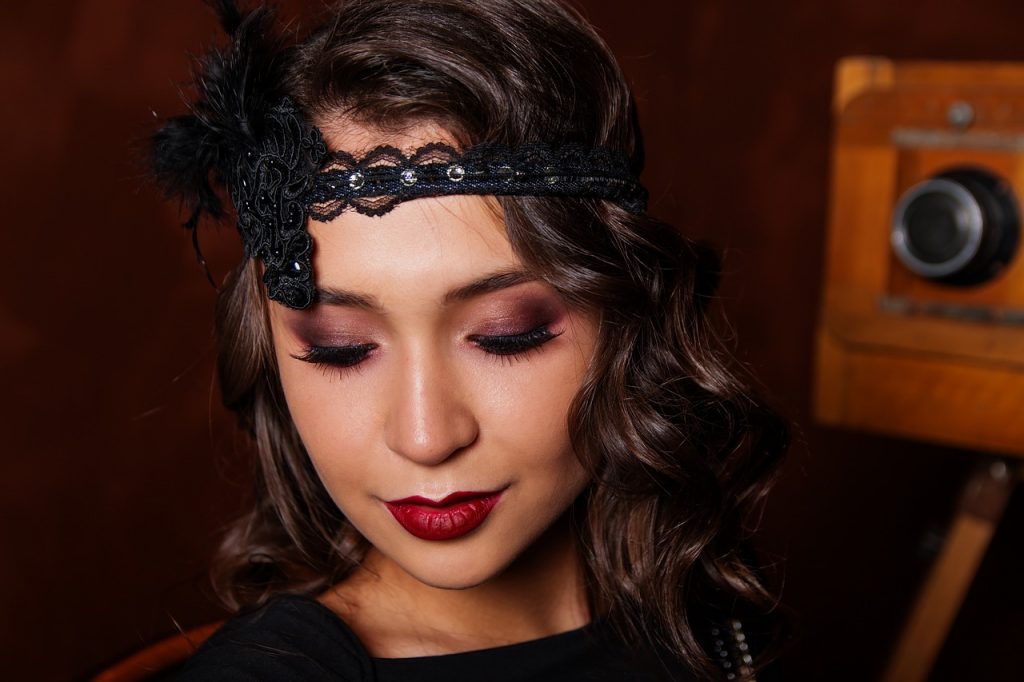Getting Ready For Your Permanent Makeup Session

Once you are certain that you have found the perfect permanent makeup technician, it’s time to schedule the appointment. To avoid unnecessary pain and discomfort, there are several things you can do ahead of time to make sure your session is as comfortable as it can be:
Schedule your permanent makeup session two weeks after your menstrual period. Women can experience heightened sensitivity to pain during certain times of the month, and the time after your period is when hormones are least likely to interfere and lead to extra discomfort and bleeding.
Avoid caffeine and alcohol for 48 hours before your session. Caffeine and alcohol can both lead to mild dehydration and subtle swelling that can both lead to increased discomfort during your session.
Drink plenty of water the day before your session. Proper hydration will help your skin to respond best to the application process and minimize bleeding.
Decrease inflammation with ibuprofen. Popping a dose of an anti-inflammatory pain reliever like Motrin or Tylenol one hour before your appointment will help minimize discomfort and prevent excessive swelling after the makeup has been applied. If something stronger is desired, talk to your primary care physician about a dose of a prescription painkiller for the occasion. If you take a prescription pain pill, be sure to have a friend drive you to and from your appointment.
Ensuring the Best After Care
After your permanent makeup session is complete, you will probably be very anxious to get home and have a close look at your new face in the mirror. Be aware that what you see immediately following your application of permanent makeup is nothing like the finished result that will slowly reveal itself in the coming weeks. Your permanent makeup will appear very dark and nothing like what you were hoping, and this is perfectly normal! In the coming days, the darker parts will dry and slowly chip off, revealing the beautiful color you’ve been dreaming about.
Just because the application process is finished doesn’t mean that you are done! Proper after care is very important to maximize the beauty and lasting ability of your new permanent cosmetics:
Keep your permanent makeup moist and hydrated at all times with a topical ointment rich in vitamins A and E. Do not use antibacterial ointments like Neosporin or Bacitracin, which can dry out the delicate skin and lead to poor results.
As tempting as it might be to see what is under that heavy initial coating, don’t pick at your permanent makeup. The skin underneath will be undergoing an important healing transformation that takes time and is worth the wait.
Expect swelling, especially with permanent eyeliner. Eyelids will swell significantly and it may be difficult to open the eyes fully for the first day or two. Some women find that a dose of Benadryl helps with the inflammation, as well as ibuprofen for the pain and the swelling.
Permanent makeup is an exciting and rewarding experience! With some careful research, planning and proper after care, you can help to ensure beautiful and lasting results that have the potential of giving you years of enjoyment. Be sure to follow up with your permanent makeup technician for touch-ups after two weeks so that she can see the finished product and make any needed adjustments. Extend the life of your permanent makeup by wearing sunscreen and covering your face if you use tanning beds (the UV rays can alter the color of your permanent makeup). Enjoy easier mornings and round-the-clock beauty that doesn’t smear or fade with the magic of permanent makeup!





